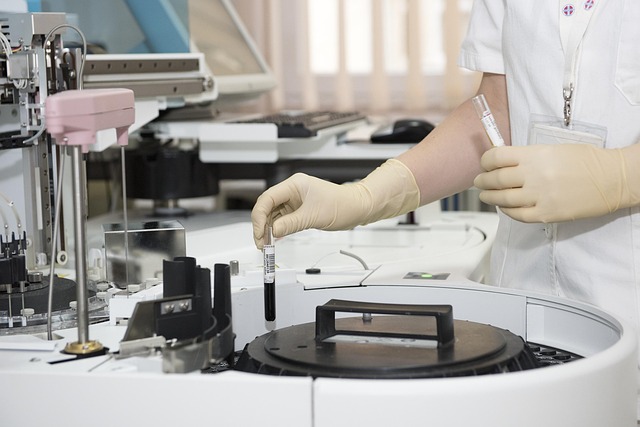In the ever-evolving landscape of healthcare, innovations are constantly reshaping the way we understand and approach patient care. One of the most exciting developments in recent years has been the integration of robots in specialist care. These technological marvels are not just machines; they are becoming indispensable allies for healthcare professionals and patients alike.
Imagine a scenario where a surgeon prepares for a complex procedure, accompanied by a highly sophisticated robotic assistant. This assistant, equipped with advanced AI algorithms and fine motor skills, can provide real-time data analysis, ensuring that the surgeon makes informed decisions during the operation. This is not science fiction; it’s the new reality in specialist care.
The role of robots in the surgical suite has dramatically reduced human error and improved patient outcomes. With features that allow for minimally invasive procedures, patients experience shorter recovery times and less pain, leading to a quicker return to their lives. The precision offered by robotic systems such as the da Vinci Surgical System exemplifies how robots in specialist care significantly enhance surgical capabilities.
Beyond the operating room, robots are transforming rehabilitation processes. Robotic exoskeletons are helping patients regain mobility after severe injuries or strokes, providing them with tailored physiotherapy programs that adapt to their progress. This personalized care makes a profound impact on recovery, giving patients hope and motivation during their journey toward health.
Healthcare innovations also extend to diagnostics, where robots are conducting complex analyses of medical data. By processing large amounts of patient information swiftly, these systems are uncovering patterns and anomalies that human eyes might miss. This capability allows specialists to make earlier and more accurate diagnoses, streamlining treatment processes and improving patient safety.
Moreover, the integration of robots in specialist care is not limited to hospitals. In outpatient settings, robotic systems are offering telehealth options, allowing for remote consultations that are as effective as in-person visits. This has been especially crucial during times of health crises, like the COVID-19 pandemic, where maintaining social distance became vital. Patients can now receive specialist care from the comfort of their homes, breaking down geographical barriers and expanding access to expertise.
The incorporation of robotics into healthcare is not without its challenges. Addressing concerns over job displacement and the ethical implications of AI in patient care is crucial. However, this technology has the potential to augment human capabilities rather than replace them. For every robot that takes on routine tasks, healthcare professionals can devote more time to empathetic patient care, which is irreplaceable.
As we stand on the brink of a new era in healthcare, the synergy between human expertise and robotic precision is something we can all look forward to. The future of specialist care lies in embracing these innovations that can provide higher quality healthcare, improve patient experiences, and ultimately save lives. The journey has just begun, and we are witnessing firsthand how robots in specialist care are revolutionizing the entire healthcare system.




